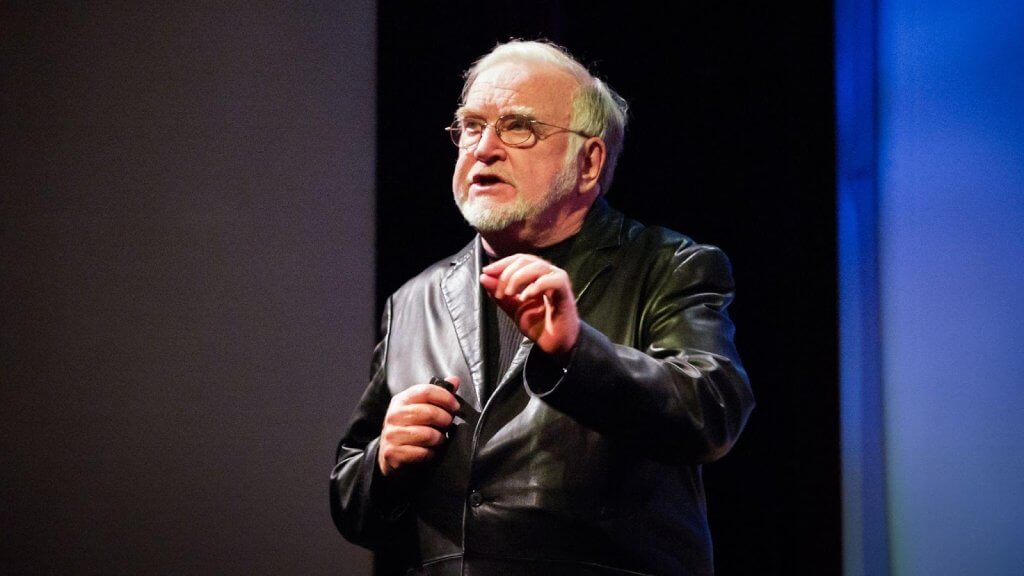The Connection Between Focus, Flow, and Performance in the Digital Age
In today’s hyper-connected world, the ability to concentrate and sustain attention has become an essential skill for success. The digital landscape is rife with distractions—from social media notifications to constant news alerts—that fragment attention and compromise productivity. Yet, individuals who actively cultivate focus and consistently achieve flow states experience substantial improvements in efficiency, creativity, and performance. This is particularly relevant for competitive gamers, digital professionals, and content creators, where split-second decisions and strategic thinking directly impact outcomes. Understanding the intricate relationship between focus, flow, and performance provides valuable insights into cognitive functioning and highlights actionable strategies for excelling in the digital era. By exploring the psychological, neurological, and practical dimensions of attention, we can develop methods to enhance performance and achieve personal mastery in digital environments.
Understanding Focus in a Digital Context

Focus, in its most fundamental sense, is the brain’s capacity to allocate cognitive resources toward a specific task while filtering out irrelevant information. In the modern digital age, maintaining focus is more challenging than ever due to the constant influx of stimuli that compete for our attention. Neuroscientific research shows that humans are not naturally equipped for sustained multitasking; frequent task-switching leads to mental fatigue, reduced efficiency, and increased error rates. This has profound implications for digital workers and gamers alike, as attention fragmentation directly correlates with diminished performance in high-stakes environments.
Maintaining focus requires more than sheer willpower—it necessitates conscious strategies that structure attention and minimize distractions. For instance, professional esports players employ techniques such as pre-game routines, mental visualization exercises, and controlled practice schedules to sharpen focus. These practices enhance situational awareness, reaction time, and decision-making accuracy, which are critical in competitive gaming. Similarly, in digital workspaces, time-blocking strategies, productivity apps, and minimalistic workspace designs can significantly improve the ability to concentrate. The ability to focus also develops through mindfulness and cognitive training exercises, which strengthen neural pathways associated with attention regulation. Over time, these practices enable individuals to sustain deep concentration over extended periods, creating a foundation for high-level cognitive performance across multiple domains.
The Psychology of Flow and Peak Performance

Flow, a psychological concept introduced by Mihaly Csikszentmihalyi, represents a state of complete absorption in an activity, where individuals feel fully immersed, energized, and intrinsically motivated. Achieving flow is associated with optimal performance, creativity, and satisfaction. Key characteristics of flow include a merging of action and awareness, a sense of control, and a distorted perception of time. In practical terms, flow occurs when challenges are perfectly matched to an individual’s skill level, creating a balance that encourages deep engagement without inducing anxiety or boredom.
In the realm of digital performance, especially esports, flow is transformative. Players in flow experience heightened reaction times, improved strategic planning, and enhanced adaptability under pressure. The cognitive state allows them to anticipate opponent behavior, execute complex maneuvers seamlessly, and maintain consistent performance across demanding scenarios. Evidence from competitive gaming communities shows that players who regularly enter flow states often achieve superior rankings and sustained improvement in skill metrics, which can be clearly observed when analyzing cs 2 ranks within top-performing teams. Flow is not limited to gaming; it extends to digital creators, software developers, and professionals who engage in complex problem-solving tasks. By intentionally designing work or gaming sessions that support flow—through clear goals, immediate feedback, and appropriate challenge levels—individuals can maximize their performance potential and elevate their skill development trajectory.
Strategies for Enhancing Focus and Flow
Enhancing focus and flow requires deliberate practice, environmental adjustments, and psychological conditioning. One of the most effective strategies is environmental optimization, which includes minimizing visual clutter, managing digital notifications, and creating a structured workspace that supports sustained attention. Research demonstrates that environments engineered to reduce distractions enhance cognitive efficiency and the likelihood of achieving flow.
Another critical approach is mental conditioning, which encompasses mindfulness meditation, cognitive exercises, and simulation drills. Gamers often engage in reaction-time exercises, pattern recognition training, and scenario-based problem-solving tasks to develop attentional control and resilience under stress. These exercises not only strengthen focus but also increase the brain’s ability to sustain flow during high-intensity challenges. Cognitive behavioral techniques, such as goal-setting, incremental skill progression, and performance tracking, also enhance the likelihood of entering flow. Tools such as analytics dashboards, progress metrics, and real-time feedback systems reinforce performance gains and encourage deeper engagement with tasks.
Finally, integrating time management and structured practice routines is essential. Allocating uninterrupted blocks for deep work, setting clear objectives, and periodically reviewing progress helps prevent cognitive fatigue and ensures that focus and flow are consistently achievable. Combining these strategies creates a comprehensive framework for cognitive optimization, supporting peak digital performance in both gaming and professional contexts.
Challenges and Opportunities in the Digital Era
While focus and flow can dramatically enhance performance, the digital era presents unique challenges. Continuous notifications, the pressure to multitask, and the abundance of information can overwhelm cognitive capacities and reduce performance quality. Studies indicate that frequent interruptions lead to slower task completion, lower retention, and increased stress. Consequently, individuals must actively cultivate strategies that protect attention and foster deep engagement to counteract these challenges.
However, digital technologies also offer unprecedented opportunities to enhance focus and flow. AI-driven productivity tools, gamified training programs, and real-time analytics provide feedback and structure that accelerate skill acquisition. Gamers, for example, can analyze match statistics to refine strategies, while professionals can utilize workflow optimization software to streamline tasks. These technologies, when leveraged thoughtfully, enable individuals to harness focus and flow more consistently, achieving both personal and professional excellence. Understanding the interplay between cognitive strategies and digital tools is therefore critical for anyone seeking to optimize performance in the modern landscape.
Flow as a Catalyst for Digital Leadership
Flow is not only critical for individual performance; it also plays a pivotal role in digital leadership. Leaders who demonstrate the ability to enter flow while managing teams, solving complex problems, or executing projects inspire similar engagement in their team members. Such leaders cultivate environments where focus and immersion are normalized, enhancing team productivity and innovation. In competitive digital sectors—ranging from esports organizations to technology startups—leaders who model flow behaviors encourage strategic thinking, adaptive problem-solving, and sustained high performance.
Moreover, flow-oriented leadership fosters psychological safety, motivation, and resilience among team members. By aligning challenges with skills, providing clear objectives, and giving immediate feedback, leaders enable their teams to enter collective flow states, resulting in heightened collaboration, creativity, and overall performance. This integration of cognitive psychology and leadership practice exemplifies the transformative power of focus and flow in achieving organizational and individual success in digital environments.
Conclusion
The relationship between focus, flow, and performance is both profound and actionable in the digital age. Developing sustained attention, minimizing distractions, and intentionally entering flow states enhances productivity, skill development, and personal satisfaction. In competitive gaming, professional contexts, and digital leadership, these cognitive states provide a tangible advantage, enabling individuals and teams to achieve peak performance and innovate consistently. As digital environments evolve, the capacity to harness focus and flow will continue to define success, making these skills indispensable for anyone striving to excel.
By understanding the mechanisms of focus and flow and applying targeted strategies, individuals can transform the challenges of the digital era into opportunities for growth, mastery, and exceptional achievement. Whether optimizing gameplay, leading teams, or managing digital workflows, the intentional cultivation of focus and flow is a decisive factor in achieving long-term performance and excellence.
